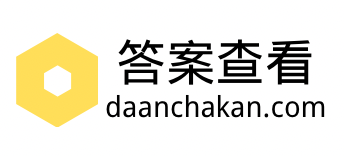【单选题】【消耗次数:1】
We can assign the work to ____is reliable.
①
whose
②
whom
③
whoever
④
whomever
参考答案:

纠错
相关题目
【单选题】
If we work with a strong will, we can overcome any difficulty, ____ great it is.
①
what
②
how
③
however
④
whatever
【单选题】
17.I dont think we can finish all the work before Friday, ____we?
①
shall
②
will
③
can
④
do
【单选题】
We ______ your name and address _____ Chinese Chamber of Commerce, through whom we learned that you are the main exporter of stainless steel products.
①
owe, from
②
owe, to
③
owe, with
④
owe, out of
【单选题】
The?( )?from?school?to?work?can be?difficult
①
transformation
②
transport
③
transition
④
transmission
【单选题】
They can’t leave until they _________ their work .
①
did
②
are doing
③
have done
④
his done
【单选题】
They can’t leave until they _______ their work .
①
did
②
are doing
③
have done
④
his done
【单选题】
Now that we’ve ____, can we come to a decision?
①
thought over
②
thought of
③
thought through
④
thought about
【单选题】
They can’t leave until they ___ their work.
①
did
②
are doing
③
have done
④
has done
随机题目
【单选题】
儿童文学的文体分类一般是在诗歌、小说、散文、戏剧的基础上增加了( )
①
儿歌、童话、寓言、故事四种文体
②
儿歌、童话、故事、小说、小品五种文体
③
儿歌、童话、寓言、故事、科学文艺五种文体
④
儿歌、童话、故事三种文体

